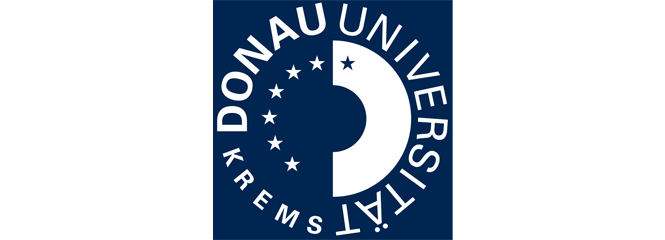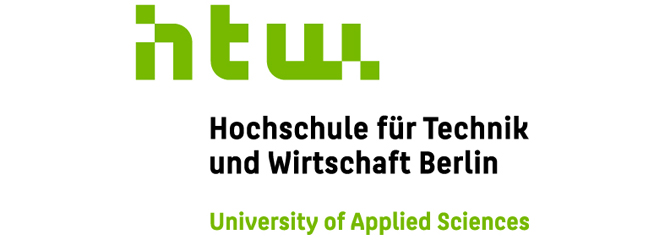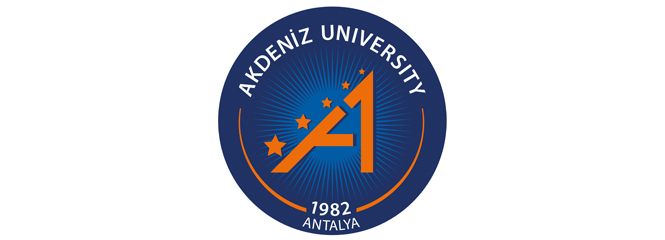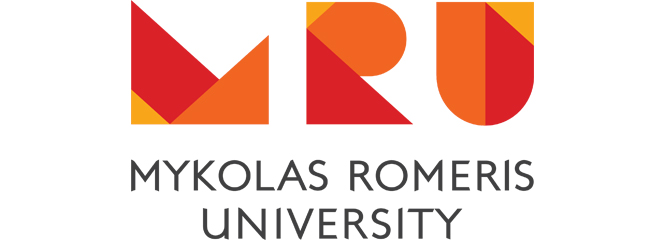Which institutions stand behind NIILS?
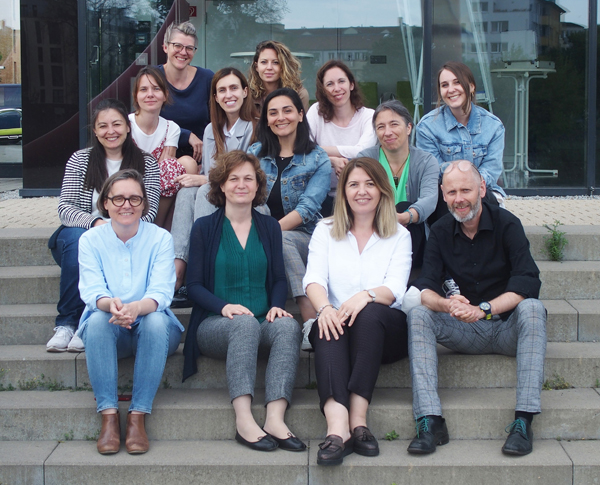
Project Coordinator
University for Continuing Education Krems, Austria
The University for Continuing Education Krems (UWK) is a public university in Austria, which focuses entirely on academic continuing education. Research at the UWK is centered on contemporary and future societal challenges. Two departments of the University, which are part of an established interdisciplinary research group dealing with learning spaces, are involved in the NIILS project:
The Department for Building and Environment combines expertise in ecology, economy and culture to research and develop sustainable built environments. It’s core competencies range from environmentally sensitive building optimisation to the integration of constructional expertise with findings from human sciences, including topics as life cycle costing and life cycle assessment, facility and real estate management issues, green infrastructure and ecosystem services, and cultural heritage protection.
The Department for Continuing Education Research and Educational Technologies at the Faculty of Education, Arts and Architecture pursues research on lifelong learning in all its different aspects. The spectrum ranges from didactics and media competence to the possibilities of using technology-supported digital tools. The Department works on lifelong learning concepts that are closely tailored to the needs of mature working students, enabling them to reconcile work, family, studies and leisure time.
Keypersons
Dipl.-Ing. Christina Ipser (Project coordination)
Mag. Sonja Brachtl
Assistenz Prof. Dr. Filiz Keser Aschenberger, MA
Dipl.-Ing. Dr. Gregor Radinger, MSc
Administrative support team
Project partners
Hochschule für Technik und Wirtschaft Berlin, Germany
HTW Berlin is the largest university of applied sciences in Berlin. It offers over 70 study programmes in the areas of technology, computing, business, culture and design. HTW Berlin actively collaborates with 140 universities worldwide and has an established network of cooperation partnerships. Research is a core task of HTW Berlin and a key success factor. Research activities connect the university with the professional world, scientific networks and companies, simultaneously guaranteeing a high level of quality in our study programmes and teaching. HTW Berlin’s researchers contribute their ideas, expertise and contacts to over 250 third-party funded research projects every year.
Keypersons
Prof. Dr. Katja Ninnemann
Prof. Dr. Susanne Geister
Jennifer Scheidt
Akdeniz University, Turkey
Akdeniz University was founded in 1982 as a higher education institution. It has currently a complement of 21 Faculties, 7 Institutes, 5 Schools, 11 Vocational Schools, and 43 Research and Application Centres. Currently, it serves 55.000 students, and employs 2.405 academic staff and 1.915 administrative staff. The primary mission of Akdeniz University is to provide a high level of education which is closely integrated with the academic world; to establish high quality programmes which support student mobility; to create scientific research and applications to a global standard with universal relevance; to transform its scientific projects into technologically viable products; to meet the needs of society for knowledge, technology and social solutions at the most advanced level through ongoing programmes in the fields of education, health and other vital services. The vision of Akdeniz University is to become a world-class university dedicated to continuous improvement in the quality of its education, research, art and technology, while at the same time encouraging entrepreneurial activity and showing sensitivity to the environmental.
Keypersons
Dr. Evrim Çetinkaya Yildiz
Dr. Seval Apaydin
Universita Degli Studi Di Roma La Sapienza, Italy
Founded in 1303, La Sapienza is the oldest university in Rome and the largest in Europe. Its mission is to contribute to the development of the knowledge society through research, excellence and quality education and international cooperation. The main world university rankings place the University at the top in Italy for the quality of its research and teaching and for its international dimension.
Sapienza is organized into 11 faculties and includes more than 290-degree course.
Sapienza’s Faculty Architecture
Sapienza’s Faculty Architecture of Rome is the first Italian Faculty of Architecture established in 1919. It aims to train a figure of architect capable of controlling and creatively intervening in the processes of transformation of anthropic space, considering urban space, building design and its construction, the city and the environment, innovation, and conservation. At the same time, Faculty aims to develop in the student design skills in the fields of industrial product and communication, also preparing advanced professionals who design and manage visual and multimedia communication content.
Department of History, Representation and Restoration of Architecture
Department's researches focus on: History of Architecture; Representation of Built Environment and Heritage, and Design Thinking; Survey of Architecture and Landscape to the latest techniques of multimedia representation, graphics and design; Restoration, theories, methods and design of conservation and restoration interventions.
Keypersons
Prof. Arch. Tommaso Empler - Phd
Prof. Arch. Adriana Caldarone - Phd
Phd. Lauren Ferro
Mykolo Romerio Universitetas, Lithuania
MRU is the largest social sciences specialized university in Lithuania, whose most prominent studies and research areas are: law, public security and public administration. The University has capable and significant core educational science, economics, humanities, communication, politics, psychology, sociology, and management areas. Social science study programmes dominate the MRU studies programme portfolio.
Institute of Communication
The Institute of Communication aims is to carry out study programmes and research oriented towards the transformation of social phenomena in the context of communication, information technology and public relations. The Institute of Communication is a creative, productive and internationally renowned unit of the University, providing high quality, competitive and interdisciplinary study programmes and research.
Lifelong Learning Laboratory
Lifelong Learning Laboratory is a modern and dynamic laboratory, creating a favourable environment for the development of interdisciplinary scientific knowledge and its translation into the functioning of the lifelong learning system, with clear research directions and a programme that is periodically updated in response to external and internal needs. The mission of laboratory is to analyse and evaluate lifelong learning processes and conditions conducive to the development of a creative, responsible and open-minded personality through the integration of basic and applied research.
Keypersons
Dr. Monika Mačiulienė
Dr. Aelita Skaržauskienė
Gintarė Gulevičiūtė
